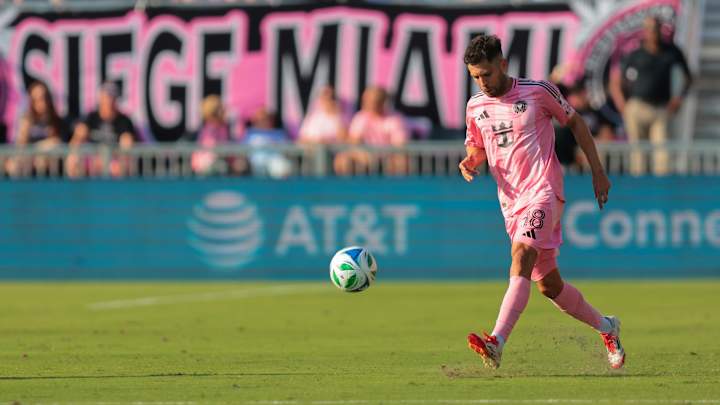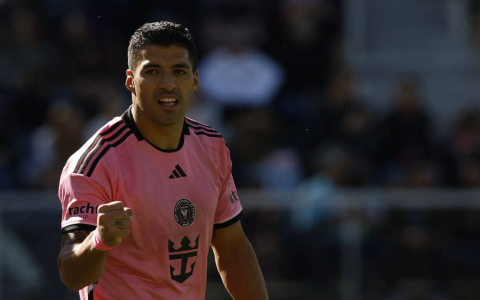Alright, let’s talk about my little Inter Miami prediction adventure. I’m no sports analyst, just a regular guy who likes messing around with data and making (sometimes wildly inaccurate) guesses.

It all started because, like everyone else, I got caught up in the Messi-mania surrounding Inter Miami. I mean, come on, it’s Messi! So, I thought, why not try to build a little prediction model, just for kicks?
First things first, I needed data. Lots of it. I spent a good chunk of time scraping match results, player stats (goals, assists, etc.), and even some vaguely-defined “team performance” metrics from various sports websites. Honestly, data cleaning was the worst part. So many inconsistencies, typos, and just plain missing information. I used Python with Pandas to wrangle everything into a usable format.
Next, I experimented with a few different machine learning models. I started with something simple, like logistic regression, to see if I could predict win/loss/draw based on the data I had. It was… okay. Not great. Then, I tried a random forest classifier, which gave me slightly better results. I even dabbled with a neural network, but honestly, I didn’t have enough data to train it properly, so it ended up being a bit of a mess.
The features I ended up using in my “best” model (if you can call it that) were:
- Team’s average goals scored per game
- Team’s average goals conceded per game
- Recent form (wins, losses in the last 5 games)
- Presence of key players (yeah, mostly Messi)
- Home/Away advantage
It’s pretty basic stuff, I know.

Of course, I had to split the data into training and testing sets. I used about 80% of the historical data to train the model and the remaining 20% to see how well it performed on unseen data. I measured performance using accuracy and precision/recall, but honestly, the numbers weren’t amazing. Around 60-65% accuracy, which is barely better than flipping a coin, right?
So, what were my actual predictions? Well, I used the model to predict the outcome of a few Inter Miami games. Some I got right, some I got wrong. For example, I predicted they’d win a certain game against a lower-ranked team, and they did. Nailed it! But then, I predicted they’d lose against a stronger opponent, and they actually pulled off a draw. Oops.
Lessons learned? Data is king. The more data you have, the better your models will be. Also, feature engineering is crucial. I probably could have come up with some better features that would have improved the accuracy of my predictions. And finally, sports predictions are hard! There’s so much randomness and unpredictable factors that no model, no matter how sophisticated, can perfectly predict the future.
This was more of a fun side project than a serious attempt at building a professional-grade prediction system. But hey, I learned a lot, and it was a good excuse to play around with some machine learning tools. Maybe next time, I’ll try predicting the weather… or maybe not.





